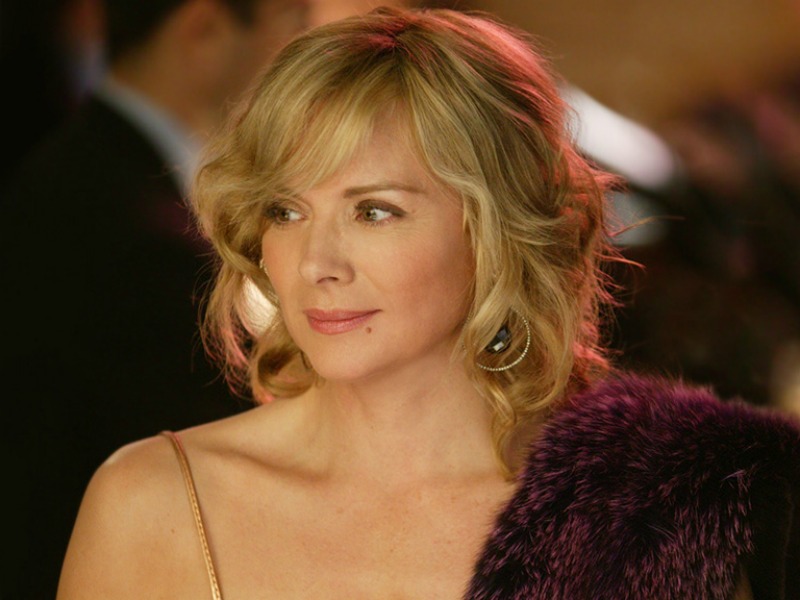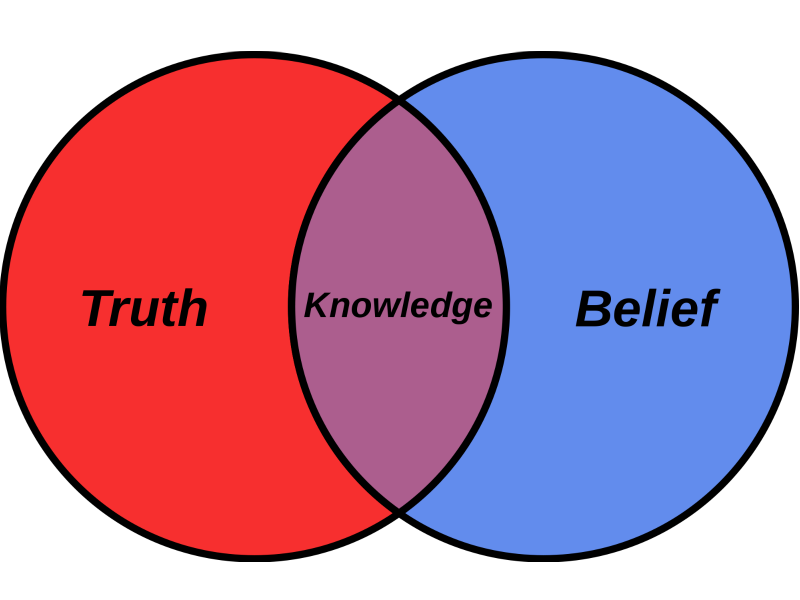Marian Salzman 30 Jun 2015 // 4:47PM GMT

Don’t you envy those PR celebrities whose working day is a whirl of boardroom triumphs, press briefings in the spotlight, gala openings and witty chat with powerful people over cocktails? Me, too, especially on the late commuter train as I head back home.
In real life, the PR industry is typically filled with folks who stay behind the scenes and late at the office. This flies in the face of every stereotype, but it’s true. Most of us believe that when we do our jobs well, our clients bask in the spotlight while we hang back in the shadows. The best PR work doesn’t look like PR at all.
But Hollywood has different ideas about PR. The way publicists are portrayed in pop culture now is a frothy fantasy. Take “Entourage,” which came back to life on the big screen last week. Front and center was the blunt, tough-talking Shauna Roberts (Debi Mazar) as “the West Coast mother” to—aka publicist for—movie star Vincent Chase (Adrian Grenier).
To be fair to the movie (yes, PR professionals value fairness), although it depicts Shauna’s job as a largely glamorous one, the portrayal isn’t totally off the mark. Writing about the movie in USA Today, Donna Freydkin observed with masterful understatement: “[I]t’s not a profession for the delicate or easily dissuaded” … (so true) … “[a]nd it’s why Mazar’s Shauna represents a very real, if dramatized, depiction of the profession.”
“Entourage” creator Doug Ellin didn’t just conjure up Shauna out of thin air. “She’s very true. She’s based on people I’ve worked with in the past. I’ve dealt with lots of them. They’ll kill for their clients and they need to. They can certainly help people get things out the proper way. They’re as powerful as their biggest clients.”
Maybe some celebrity PR pros wield that kind of clout, but, realistically, most professionals working in the trenches of consumer, lifestyle, healthcare and business PR don’t aspire to that power. A lot of the work takes a thick skin and willingness to deal with day-to-day realities that are far less glamorous than anything we see on our screens. But stuffing goodie bags and handling late-night emergencies soberly and professionally probably aren’t what viewers want to see.
Instead, they get our much-larger-than-life fictional counterparts caught up in the supposed moral dramas of PR. In Jerry Maguire (1996), the title character, played by Tom Cruise, does more than a credible amount of grandstanding and mugging, but he does buck the PR stereotype by having moral scruples. Primary Colors (1998) shows PR as an epic match between idealism and cynicism in which the idealistic PR veteran played by Kathy Bates ends up despairing that truth will come out and takes her own life. In Wag the Dog (1997), Robert de Niro brings alive the fantasy of PR professional as unscrupulous, all-powerful manipulator. And a moral (that word again) awakening makes Thank You for Smoking (2005) a compelling satire as the spokesman for Big Tobacco develops a conscience.
All those fine movies share modern Hollywood’s tendency to make things hyperreal (meaning taking some grain of truth and dramatizing the heck out of it). Earlier generations use a lower-key treatment. Tony Curtis’s character in Sweet Smell of Success (1957) is shown as a master at shaping the stories told by a gossip columnist; the movie is now a case study in some PR curricula. Peter Boyle’s shrewd political communications consultant in The Candidate (1972) comes pretty close to what many PR people do today: create a real story out of little insight, few details and a drive to succeed.
It’s striking that the stereotypical image of the PR professional has evolved from smart, calculating and morally compromised to somewhere between frothy (Samantha Jones from “Sex and the City”) and pushy (Shauna Roberts). And there are signs of life imitating art, with 21st-century public relations professionals increasingly like those two fictional publicists. PR’s portrayal in pop culture may well be shaping the next generation of young people who go into the business.
If we think media portrayals do influence reality, then it’s quite likely that “Sex and the City” and “Ab Fab” before it have led to a decline of seriousness across much of the industry. Young people started or joined agencies in hopes of living the stereotyped dream of red carpets and cocktail parties. This isn’t all bad; there’s plenty of room for play, and now more than ever, a willingness to break old rules is important.
But PR still has an important, serious role to play, and its case isn’t helped by recent fictional publicists or by people like Kardashian BFF Jonathan Cheban. Maybe it’s inevitable that some publicists have coattailed the “famous for being famous” phenomenon by embracing “famous for being with the famous.”
It’s not the sort of PR that our profession needs or deserves, but there’s the paradox: We’ve never had effective PR that really does us justice.
Sex and the City photo courtesy of HBO.


































.jpg)














